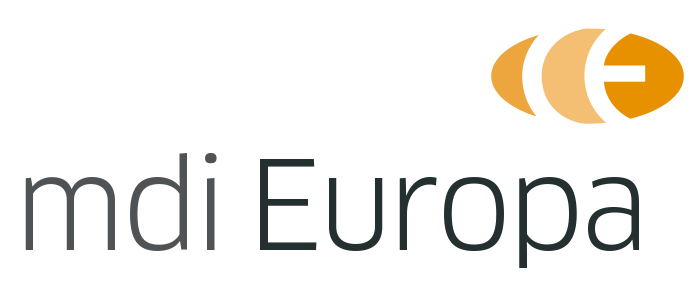Industry groups MedTech Europe and COCIR have summarised a number of areas where the draft Artificial Intelligence (AI) Act could be modified to enhance the potential of AI in health care. They have co-signed a letter with 11 other health organisations appealing to EU policymakers to seriously think about the impact the proposal will have on the EU ecosystem when deciding on the particulars of the final legislation.
A vital priority during the coming trilogues is making sure that the AI Act is aligned with current regulations, including sectoral legislation under the Medical Devices and In Vitro Diagnostic Medical Devices Regulations (MDR and IVDR). The European Parliament’s negotiating position strives to get rid of regulatory overlap by considering requirements relating to high-risk AI systems as being met if they are already dealt with in sectoral legislation.
The organisations applaud the viewpoints of the European Parliament, especially on conformity assessment and mention that further reference to notified bodies should be made, because this would amalgamate the requirements set out by sectoral legislation even more.
The letter goes on to say that if overlap is not properly tackled during the trilogue negotiation, the AI Act could establish two-track systems, where the AI Act applies for the AI component of a device and the MDR/ IVDR to the rest of the product. This could lead to legal ambiguity and difficulties in providing the ethical, safe and effective devices that this Act meant to support.
The AI Act must also align with other horizontal EU existing and proposed regulations, such as the General Data Protection Regulation, the Cyber Resilience Act, the Data Act, the European Health Data Space Regulation and the revised Product Liability Directive.
Additional topics discussed in the letter are the use of real-world data, AI literacy and a consistent implementation of the AI Act within the Union.
Source: Medtech Insight (an Informa product)





